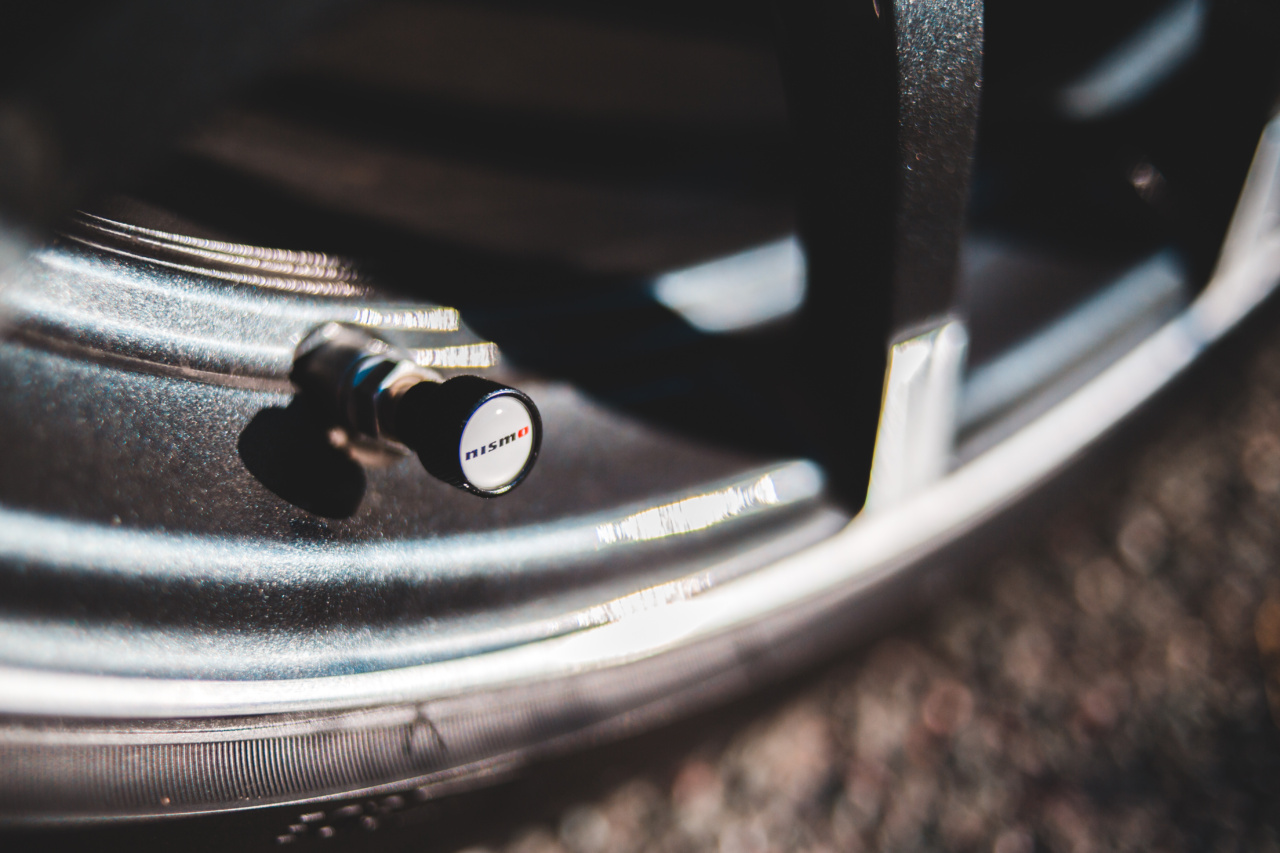As a parent, it is natural to be concerned about your infant’s well-being and safety. While mosquitoes may seem like just a nuisance to adults, they pose a greater risk to newborns and infants.
Mosquito bites can not only cause discomfort but also transmit dangerous diseases. Therefore, it is crucial to implement effective mosquito control measures to protect your little one. In this article, we will discuss various methods and precautions to ensure a mosquito-free environment for your infant.
Understanding the Dangers of Mosquito Bites for Infants
Mosquitoes are carriers of diseases such as dengue, Zika, chikungunya, and West Nile virus. Infants, with their still-developing immune systems, are more susceptible to these illnesses.
In some cases, mosquito-borne diseases can lead to severe complications or even be life-threatening for babies. Therefore, it is essential to take proactive steps to minimize the risks associated with mosquito bites.
Creating a Mosquito-Free Environment
To protect your infant from mosquito bites, it is crucial to create a safe and mosquito-free environment. Here are some effective methods to control mosquitoes in and around your home:.
1. Eliminate Standing Water
Mosquitoes breed in stagnant water, so eliminating any potential breeding grounds is essential. Empty, cover, or treat any containers that can hold water, such as flower pots, buckets, birdbaths, or children’s toys.
Regularly clean roof gutters as well to prevent clogging and water accumulation.
2. Install Window and Door Screens
Use window and door screens with a mesh size small enough to prevent mosquitoes from entering your home. Repair or replace damaged screens to maintain their effectiveness.
This will create a barrier between mosquitoes and your infant, reducing the risk of bites.
3. Use Mosquito Nets
Mosquito nets are an excellent way to protect your infant from mosquito bites, especially while they sleep. Invest in a good quality net that completely covers the crib or bassinet.
Make sure the net is securely tucked in and does not have any holes that mosquitoes can enter through.
4. Avoid Peak Mosquito Activity
Mosquitoes are most active during dawn and dusk, so try to limit outdoor activities during this time.
If you must be outside, dress your infant in protective clothing like long sleeves, long pants, socks, and shoes, and use mosquito repellents specifically formulated for infants.
5. Keep the Environment Clean
Regularly clean your home and surrounding areas to eliminate debris and areas where mosquitoes could hide. Trim tall grass and shrubs to avoid providing shelter for mosquitoes. A clean environment will minimize the mosquito population in your vicinity.
6. Use Mosquito Repellents
Selecting a safe and effective mosquito repellent is crucial when it comes to protecting your infant. Look for products specifically designed for babies, usually containing lower concentrations of active ingredients.
Choose repellents recommended by pediatricians and always follow the instructions for use.
7. Dress Your Infant Appropriately
When your baby is outdoors, ensure they are dressed in light-colored, loose-fitting clothing that covers their arms and legs. Mosquitoes are attracted to dark colors and can bite through tight clothing.
By dressing your infant properly, you reduce their exposure to mosquito bites.
8. Avoid Perfumes and Fragrances
Strong scents from perfumes, lotions, and hair products can attract mosquitoes. Avoid using heavily scented products on your infant, as this can increase the probability of mosquito bites. Opt for unscented alternatives whenever possible.
9. Consider Mosquito-Repelling Plants
Certain plants like citronella, lavender, and basil have natural mosquito-repelling properties. Planting these in your garden or keeping potted versions near entrances and windows can help deter mosquitoes.
However, ensure that these plants are kept out of reach of your infant.
10. Consult a Professional Pest Control Service
If you have a severe mosquito problem in and around your home, it may be best to seek assistance from a professional pest control service.
They can identify the breeding sites and apply appropriate measures to eliminate mosquitoes effectively without posing any harm to your infant.
Conclusion
Protecting your infant from mosquito bites is crucial to ensure their safety and well-being. By following the mosquito control methods discussed above, you can significantly reduce the chances of mosquito-borne diseases affecting your little one.
Remember, prevention is key, so it is essential to take proactive steps to create a mosquito-free environment. Always consult with your pediatrician for specific recommendations tailored to your infant’s age and health condition.































